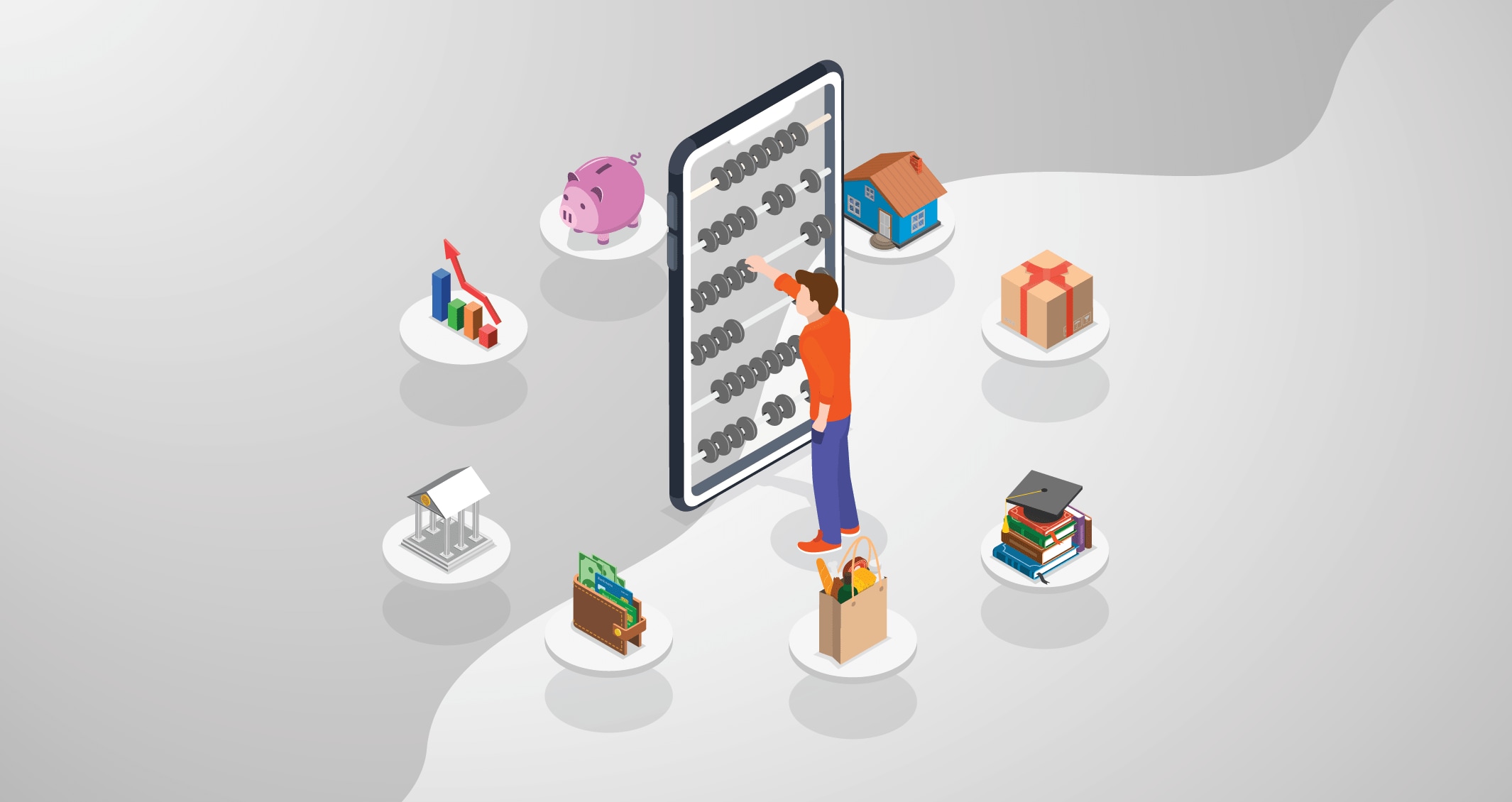Here's How to Come Up with a Good Personal Finance Plan

While becoming a billionaire is a delightful dream, many of us are likely to not achieve it. Though, that still doesn’t mean you can’t make your lakhs and crores. All you need to do is adopt healthy money management practices with a solid personal finance plan. By just doing this, you, too, could lead a secure and smooth life, with plenty of room for luxury!
Much like any other plan, it’s best to start by setting some short-term and long-term goals. Your short-term goals could consist of creating an emergency fund (up to 6 months of living expenses) or paying off any credit card debt. Long-term goals could range from saving for your education, first home, or childrearing, to retirement funds by saving at least 10% of your gross salary.
If sticking to a strict personal finance plan is not up to your alley, maybe these benefits might motivate you!
- It helps keep track of your income and expenses.
- Boosts your savings and wealth creation.
- Reduces chances of tax liabilities.
- Ensures that you achieve your life goals as you create more wealth.
- Creates an emergency fund in case of any unfortunate accidents or death/s.
- Ensures that you enjoy a secure retirement.
Creating a Personal Finance Plan
To protect the wealth you create, and to multiply it, it’s time to build your ideal personal finance plan that will guarantee your future.
Your Current Finances & Expected Goals
This step is essential while creating a budget. You, and the respective earning members of your family, can sit down and assess your sources of income, expenses, assets, liabilities, etc. And then, evaluate all your current and future goals you would like to achieve.
Devise a Budget
With all your goals priority-wise in mind, it’s time to create your budget. This budget could be modified based on any new or existing investment plans. However, ensure that you estimate your earnings through investments correctly, or as close to accurate as possible, to cover expenses.
There are various ways to free-up extra money for your budget. You could follow the 50-30-20 method, or go for a technologically savvy method like budgeting apps that monitor cash flows.
Create an Emergency Fund
Always ensure that you have at least 6 months worth of savings. This will be crucial for unexpected situations like car/home repairs, sudden hospitalisations, loss of job, or the recent pandemic.
If saving 10%-20% of your salary for an emergency fund seems impossible, how about moving your funds to a separate savings account? This will allow you to store your savings, without the temptation of using them for impulsive purchases.
Avoid more (Credit Card) Debt
Before you take on any more debt, pay off the existing loans or credit cards you owe. Missing out on paying any instalments or delayed payments will reflect negatively on your credit score.
However, some debts like home loans could be advantageous as you acquire an asset.
Build your Retirement Plan
It’s needless to say, but the longer you delay saving up for your retirement plan, the longer you will have to contribute to making up for it. By saving your money by investing it, you will allow it to grow further, with some tax benefits if you invest wisely.
Opt for Investments with Tax Benefits
Lastly, while you inculcate the habit of tracking your expenses, save your receipts for possible tax deductions and credits. Additionally, cleverly select an investment plan that provides you with maximum benefits, including tax exemption.
So, start your journey of responsible personal finance with these steps that will protect you and your family in case of any financial impediment.
